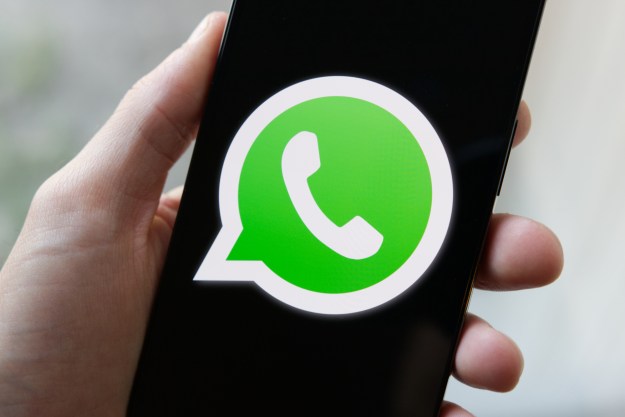WhatsApp is advising its users to update the app following the discovery of a security flaw that enabled surveillance software to be placed on a target’s phone via the app’s call feature.
The sophisticated spyware, called Pegasus, was developed by Israeli security firm NSO Group and discovered by WhatsApp earlier this month, according to a Financial Times (FT) report on Monday, May 13.
The software could be installed on Android and iPhone handsets simply by calling the targeted person through WhatsApp. In other words, it could be injected even if the call wasn’t answered. Call logs would even disappear from the target’s device, erasing any evidence that their phone had been tampered with.
“The attack has all the hallmarks of a private company reportedly that works with governments to deliver spyware that takes over the functions of mobile phone operating systems,” WhatsApp said in comments reported by the FT, though the Facebook-owned company declined to give any specific names.
WhatsApp said it’s still investigating the matter and it was too early to say how many users had been impacted by the spyware, suggesting only that it was a “select number” of people.
The vulnerability has been fixed through changes to WhatsApp’s owned systems, but as a precautionary measure, the company told users to check that they’re running the latest version of the app on their devices. It also advised users to make sure their mobile operating system is up to date to ensure proper protection against potential targeted exploits designed to access information stored on mobile devices.
Pegasus
The Pegasus spyware is usually licensed to governments who use it to gain access to the devices of individuals targeted in investigations.
In a statement, NSO Group said its technology is used by “authorized government agencies for the sole purpose of fighting crime and terror. The company does not operate the system, and after a rigorous licensing and vetting process, intelligence and law enforcement determine how to use the technology to support their public safety missions.”
The company said it always investigates any “credible allegations of misuse and if necessary, we take action, including shutting down the system.”
It added: “Under no circumstances would NSO be involved in the operating or identifying of targets of its technology, which is solely operated by intelligence and law enforcement agencies. NSO would not or could not use its technology in its own right to target any person or organization.”
Editors' Recommendations
- Meta’s ChatGPT killer is taking over your favorite apps
- How to know if someone blocked you on WhatsApp
- WhatsApp used to be one of my favorite apps. Now, I can’t stand it
- Your Fitbit app is about to get a major update. Here’s what it looks like
- WhatsApp now lets you add short video messages to chats

